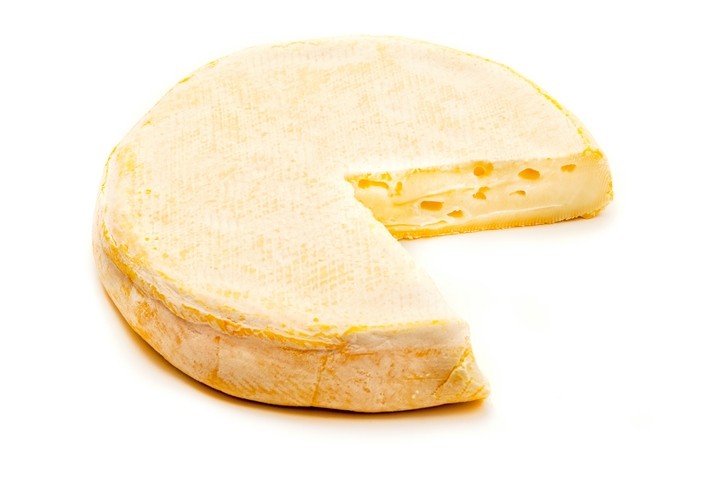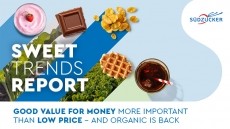E. coli O26 in cheese sickens seven in France

Six cases involve hemolytic uremic syndrome (HUS), a potentially serious condition that can cause kidney failure.
Those ill are children between one-and-a-half and three years of age, according to Santé publique France and the national reference centre for E. coli (Institut Pasteur and Hôpital Robert Debré in Paris).
All dates and lots of Reblochon de Savoie 450g ‘Nos régions ont du talent’ brand sold at Leclerc supermarkets in several regions from 27 January are affected.
It was supplied by Fromagerie Chabert in Cruseilles (Haute-Savoie), France.
E.Leclerc urged consumers not to eat the recalled product and return it to the store.
Chabert has since recalled all Reblochon cheese produced from raw milk at the site with mark FR 74.096.050 CE.
Cheese was sold under Chabert, Nos régions ont du talent, Reflet de France, Itinéraire des Saveurs and other brands.
Items made at other sites are not affected and have different numbers.
Investigations are continuing at the company and farm level to find the origin of contamination but authorities confirmed an epidemiological link between cases and consumption of the cheese.
Shiga Toxin producing E. coli (STEC) O26H11 eae+ stx2+ was detected in raw milk reblochon.
The cheese was also distributed to Andorra, Canada, Germany, Portugal and Spain.
Past Salmonella outbreaks
The country has been hit this year by an outbreak of Salmonella (4, 5, 12:i:-) in fuet sausage from Spain and S. Enteritidis caused by chilled horse meat from Belgium with raw material from Hungary.
Live oysters from France are also suspected to be behind norovirus outbreaks in Netherlands, Finland, Sweden and Denmark.
Earlier this year an investigation by Radio France revealed 10 people died in a Salmonella outbreak from November 2015 to April 2016.
The source was suspected to be raw milk cheese and 92 people were affected with the majority being elderly.
Morbier and Mont d’Or cheese varieties made in the Franche-Comté region were contaminated with S. Dublin.
Authorities told Radio France there was no recall because more than one brand was involved so it was difficult to identify which were contaminated and by the time they made the link the tainted lots were no longer on the market as shelf life had expired.
Cheese self-monitoring protocols were strengthened in February 2016 and in August that year protocols on milk were also bolstered.
Meanwhile, Lactalis confirmed last week that the firm approved to destroy infant milk withdrawn from the market was the victim of a theft.
Boxes of milk, which were waiting to be unloaded before incineration, were stolen. These boxes are Milumel PREMIGEST 2 900g with lot number 17C0013780.
The company said they are unfit for consumption and urged consumers to be vigilant.
Lactalis infant formula was the source of a Salmonella Agona outbreak that sickened 38 infants in France and three cases from two other countries (two from Spain and one in Greece) between August and December last year.
- This article was updated to reflect available distribution information.

























